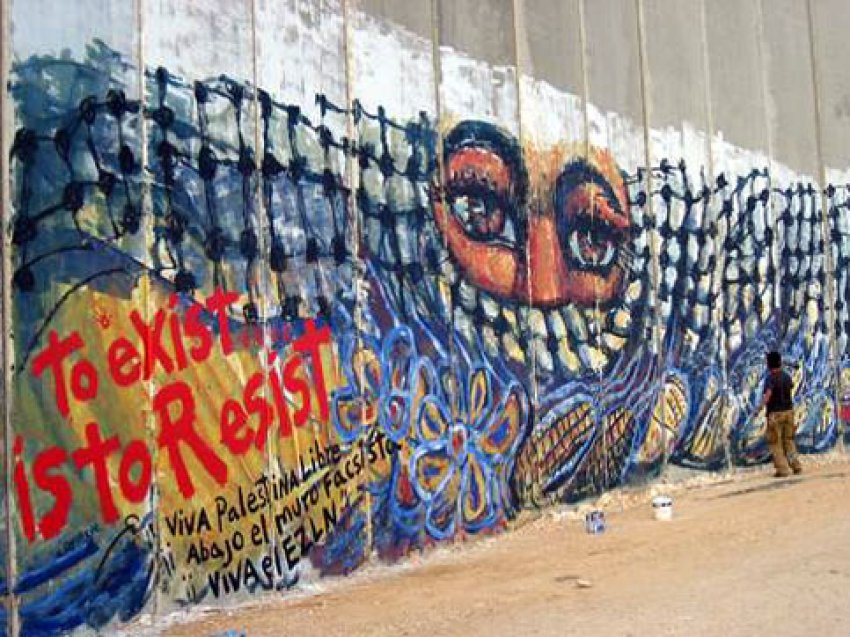
The governments of the United Arab Emirates (UAE) and Israel have signed an agreement paving the way for full normalisation of relations. This agreement brings into the open the numerous and growing clandestine links between the two nations. The formal accords between the two countries are the logical and open culmination of a decades-long bilateral relationship, previously undertaken in a secretive manner.
Dubbed the “Abraham Accords”, in reference to the founder of the three main monotheistic faiths, the cultivation of relations between the Emiratis (and the other Gulf nations) and Israel have been disguised as the promotion of Muslim-Jewish interfaith cooperation. This cynical ploy cannot disguise the naked and brazen economic and geopolitical interests motivating both parties.
For instance, back in October 2018, then-Israeli Minister for Culture and Sport, Miri Regev, visited the UAE to oversee Israeli participation in a sporting tournament. This visit, touted as a bridge between Jews and Muslims, was great public relations. However, Regev, a former Brigadier-General in the Israeli army, has previously described African migrants to Israel as a “cancer”, and called for violent repression of the Palestinians.
United States President Donald Trump took credit for the deal, gloating that he had facilitated a “historic breakthrough”. For his part, Israeli Prime Minister Benjamin Netanyahu made a vague and non-binding promise to halt the annexation of the West Bank, though he was quick to point out that the postponement of annexing Palestinian territories was temporary.
The US and Israeli governments are portraying this accord as an enormous breakthrough and a diplomatic triumph, shoring up the electoral prospects of both incumbents. The Palestinians have denounced this deal as a betrayal, and condemned the Emiratis for their willingness to acquiesce in Israel’s ongoing occupation of Palestinian land. During mid-August, Israeli warplanes struck several targets in the Gaza Strip, indicating that the Emirati–Israeli accord will not bring peace to the Palestinians.
Numerous Palestinian activist groups, human rights advocates and US Jewish organisations have condemned the Emirati-Israeli accord, stating that it is a betrayal of the Palestinian struggle and is nothing to celebrate. US Congresswoman Rashida Tlaib, herself of Palestinian origin, tweeted that no-one should be fooled by the declarations of peace in this accord. Creeping annexation and apartheid are part of the daily life of Palestinians until today.
The Gulf nations, including the Emiratis, have a long track record of conducting secret diplomacy with the Israeli state. Rationalising their latest manoeuvre, the UAE claims that they will advocate for Palestinian rights, and an independent Palestinian state, with their Israeli counterparts. However, even a cursory examination of the UAE’s policies in the region expose the falsity of this “constructive diplomacy” claim.
Senior political analyst at Al Jazeera, Marwan Bishara, writes that the Emiratis — like their Saudi big-brother partner — are the most pro-war country in the Gulf. It is no secret that the Emirates have actively participated in the Saudi-led invasion of Yemen. Sending thousands of troops, the UAE pursued its own goals in that war, and only the prospect of a full-scale military defeat led the Emiratis to withdraw the bulk of their soldiers.
The Emiratis have pursued an aggressive expansionism in Libya, taking advantage of the ongoing chaos in that Arab nation to prop up its own proxies. The goal is to establish a friendly regime in Libya to exploit that country’s extensive oil reserves. The UAE’s role has prolonged the civil war in Libya, ongoing since the 2011 NATO war for regime change.
After supporting various Islamist militias in Syria’s civil war and initially welcoming the overthrow of the Syrian government in 2011, the UAE changed its tune in 2019 and wished that current Syrian President Bashar al-Assad remain in power. This shift was cemented by the realisation that the Syrian Islamist rebels would fail to achieve military victory.
Amer Zahr, Palestinian American activist and president of New Generation for Palestine, summed up the crucial flaw in this accord:
“When you normalise relationships with Israel or any Zionist organisation — and normalisation means interaction without centering the Palestinian problem — then you are basically excusing and accepting everything that Israel has done to us for the past 72 years.”
Exactly.